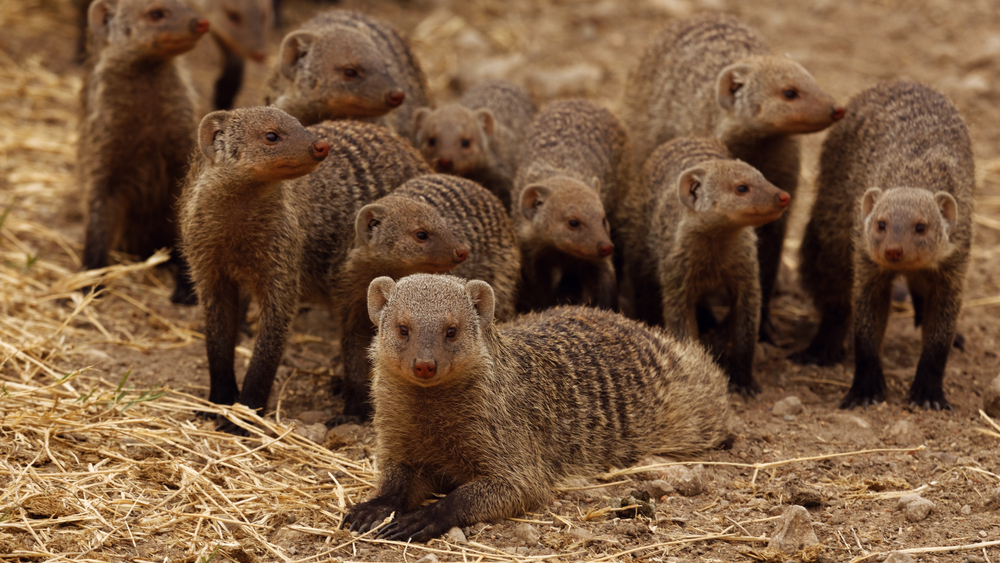Source: Salon
A fearsome matriarchal warlord, the banded mongoose commands a posse of 30, terrifying even honey badgers with her mighty flatulence. With roots dating back over 65 million years, she revels in violence and leads her tribe with ferocity. Mongoose warfare, a subject of scientific inquiry, prompts an international team, led by Professor Michael Cant of the University of Exeter, to study these aggressive mammals in Africa.
Their research aims to understand the evolution of cooperative behavior and the influence of intergroup conflict. Despite the mongoose’s ruthless tactics, targeting rival gangs up to four times daily, their motivation remains elusive, with theories suggesting territorial disputes and genetic diversity drive their relentless battles. This study could shed light on the evolution of social behavior across species.
New York lawmakers are proposing humane measures to control the rat population, considering contraception and banning glue traps as alternatives to lethal methods. City Council Member Shaun Abreu advocates for a pilot program using rat contraceptives, deeming them more ethical. The contraceptive, ContraPest, disrupts reproductive functions in rats. Exterminators currently use traps and poisons, but some, like Rashad Edwards, prefer carbon monoxide for its more humane approach. Statewide, a ban on glue traps is under consideration, following cities in California.
Advocates argue for more sensible and compassionate methods, suggesting that eradicating rats is impossible but managing them is achievable. Mayor Eric Adams has intensified efforts to combat the rat population, employing a “rat czar” and implementing new regulations. Despite ongoing challenges, learning from rat resilience remains integral in managing urban rodent populations.

